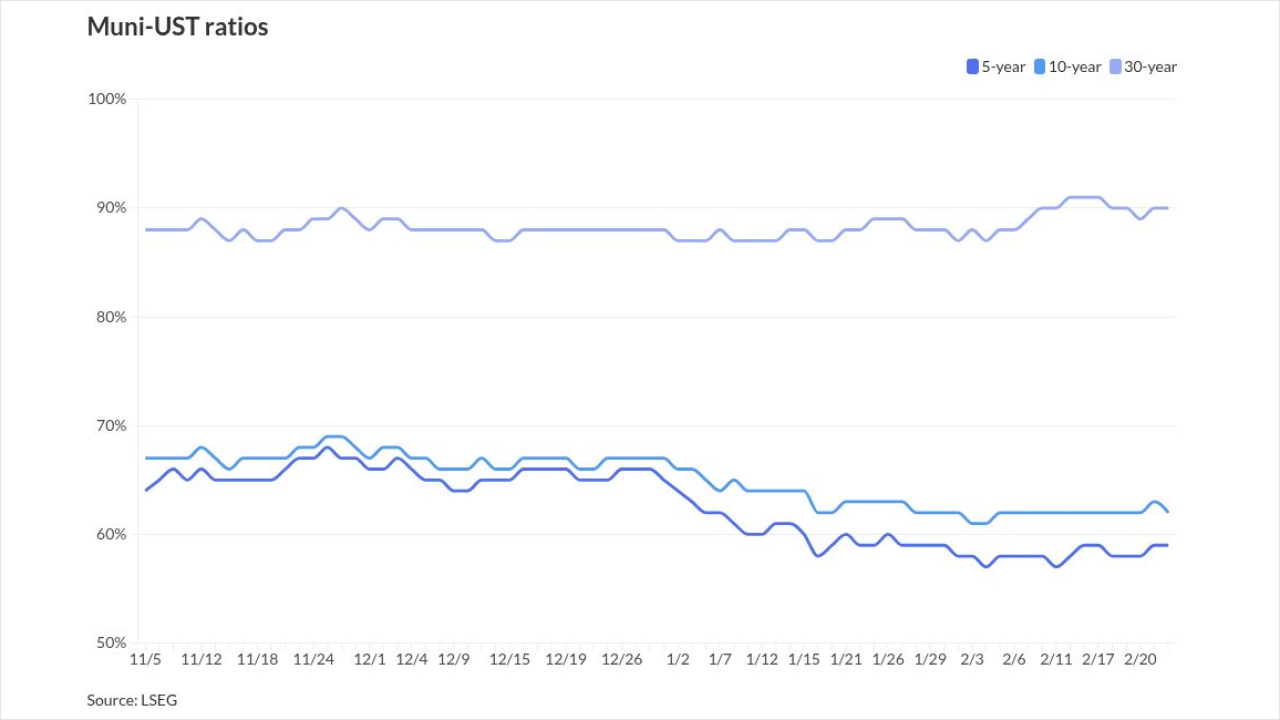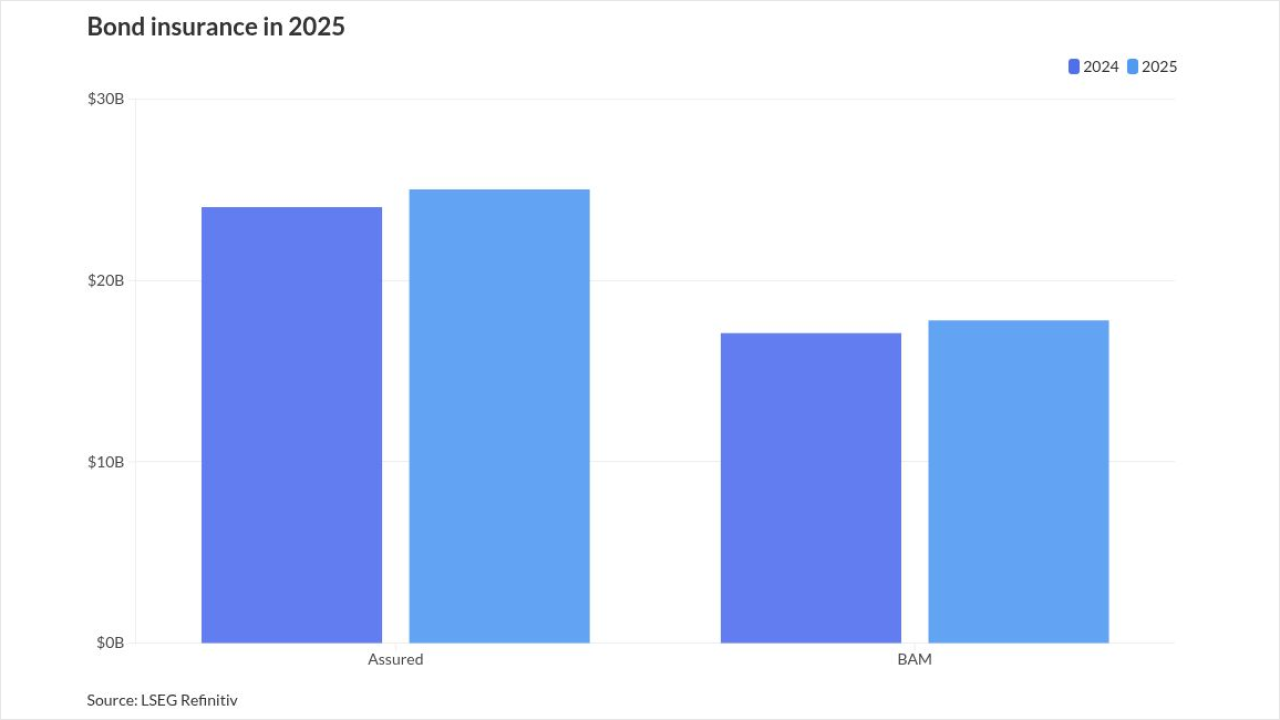
This year's Texas legislative session brought an onslaught of bills that would have greatly limited the ability of local governments and school districts to sell debt, but it ended with little change to the status quo.
Bills requiring supermajority voter approval, eliminating May bond elections, and closing bond and tax "loopholes" failed to make it out of the Republican-controlled legislature by its June 2 adjournment despite the backing of Gov. Greg Abbott.
In his Feb. 2 State of the State Address, the Republican governor
"The bills had the potential to severely constrain local governments from issuing debt to meet the significant infrastructure needs these governments face in their growing communities," Martin Luby, director of the Center on Municipal Capital Markets at the University of Texas, said in an email. "This potential reduction in infrastructure investment may have resonated with some on-the-fence legislators."
Modified legislation could resurface in the future given the perception by the governor and some lawmakers that debt is undercutting property tax relief, he added.
While Kevin Brown, executive director of the Texas Association of School Administrators, acknowledged good intentions behind the legislation, it contained "unintended consequences," he said.
"My guess is, as people started unpacking the consequences of each of the bills, they started finding things that would have a real negative impact on local communities that was unintentional," he said.
House Bill 19, which topped the Texas muni market's watch list, stalled in the chamber's Ways & Means Committee after testimony at an April hearing revealed some of those consequences, including preventing most local debt issuance by capping maximum annual debt service on general obligation bonds.
The legislation would
Bills aimed at limiting the scope of mass transit agencies in Dallas and Austin also fizzled.
For Austin, legislation that
In
"Austin Light Rail just might be the little engine that could," he wrote. "We keep chugging up the hill, overcoming seemingly insurmountable obstacles with absolute determination to fulfill the will of Austin voters and build light rail."
Bonding for the project still faces opposition from the Texas Attorney General's Office, which
Dallas Area Rapid Transit, which faced legislation that would have eroded its sales tax revenue, potentially harming its ability to pay off bonds, said it is committed to working with all of its member cities "to address their concerns." The bill's sponsor said the measure aimed to address an imbalance between what some of DART's 13 municipalities contribute in sales tax revenue and the mass transit services they receive.
"Working together, we can find ways to improve services and create a system that works for us all," a DART statement said. "DART continues to demonstrate its high credit quality, as the agency performs its critical role as the lead mobility provider in our region."
A supermajority measure
Bills creating state databases for local bonds and taxes also passed.
Lawmakers approved a $338 billion
They also pumped up the cost of ongoing and new property tax relief to $51 billion over the next two fiscal years.
"Never before has the Texas Legislature allocated more funds to provide property tax relief than they did this session," said
Huge budget balances have helped make the cuts financially doable. The triple-A-rated state, which had a $39.4 billion balance heading into the current biennium, is expected to
"It's been real positive the last few years, but we face some real risk going forward that revenues aren't going to stay at this level," said John Diamond, senior director of the Center for Tax and Budget Policy at Rice University's Baker Institute for Public Policy. "Sales tax revenues, I think, are going to really plateau and flatten out for a while, and that's going to add a lot of pressure at the state level."
The 6.25% sales tax is the largest source of state funding for the Texas budget, accounting for 58% of all tax collections. The state does not tax personal income.
Fitch Ratings has
The legislature placed a proposed constitutional amendment to increase the property tax exemption from $100,000 to $140,000 of the market value of principal residences on the Nov. 4 ballot along with 16 others, marking the most on a single election date in the state since 2003, according to Ballotpedia.
Other proposed amendments would prohibit Texas from taxing realized or unrealized capital gains and estate transfers, inheritances, and gifts.
Another
Senate
Texas, which is on the front line of the immigration battle, plans to spend $3.35 billion on border security over the next two fiscal years, while it hopes to recoup money it spent since 2021 on border security. The tax and spending bill approved by the U.S. House of Representatives last month includes a $12 billion reimbursement.
Last week, Abbott signed HB





